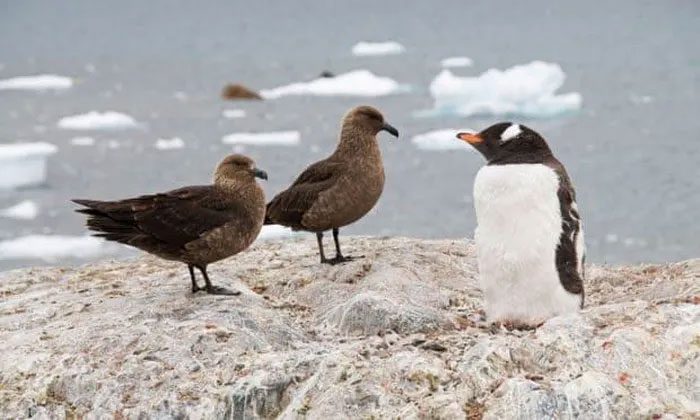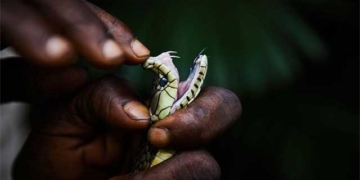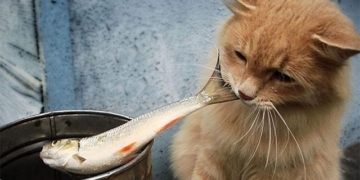Scientists have long been concerned about the risk of an outbreak of highly pathogenic avian influenza (HPAI) in Antarctica, a major breeding ground for many bird species.
Experts from the UK have discovered a case of avian influenza virus infection in Antarctica for the first time, raising fears that this highly virulent virus could pose a threat to penguins and other wildlife in the region.

Skuas and penguins in Antarctica. (Source: The Guardian).
The British Antarctic Survey reported that samples were collected from dead brown skuas on Bird Island in South Georgia, a British Overseas Territory located to the east of South America and north of the main landmass of Antarctica.
All samples sent to the UK for testing returned positive for the avian influenza virus.
The agency believes that the likely source of the infection is migratory birds returning from their migration to South America, where a large number of birds infected with the avian influenza virus have been recorded.
Since mid-2021, large-scale outbreaks have begun spreading south to previously unaffected areas, including South America, leading to mass deaths among wild birds and the culling of tens of millions of poultry.
Cases of avian influenza in humans are very rare, and those who contract the disease often do so through direct contact with infected poultry.
In early October, Cambodia reported a case of a 2-year-old child dying from avian influenza. This marks the third death from avian influenza reported in the country this year.
The increasing detection of the virus in mammals has raised concerns that it could mutate into a version that is more easily transmissible between humans.




















































